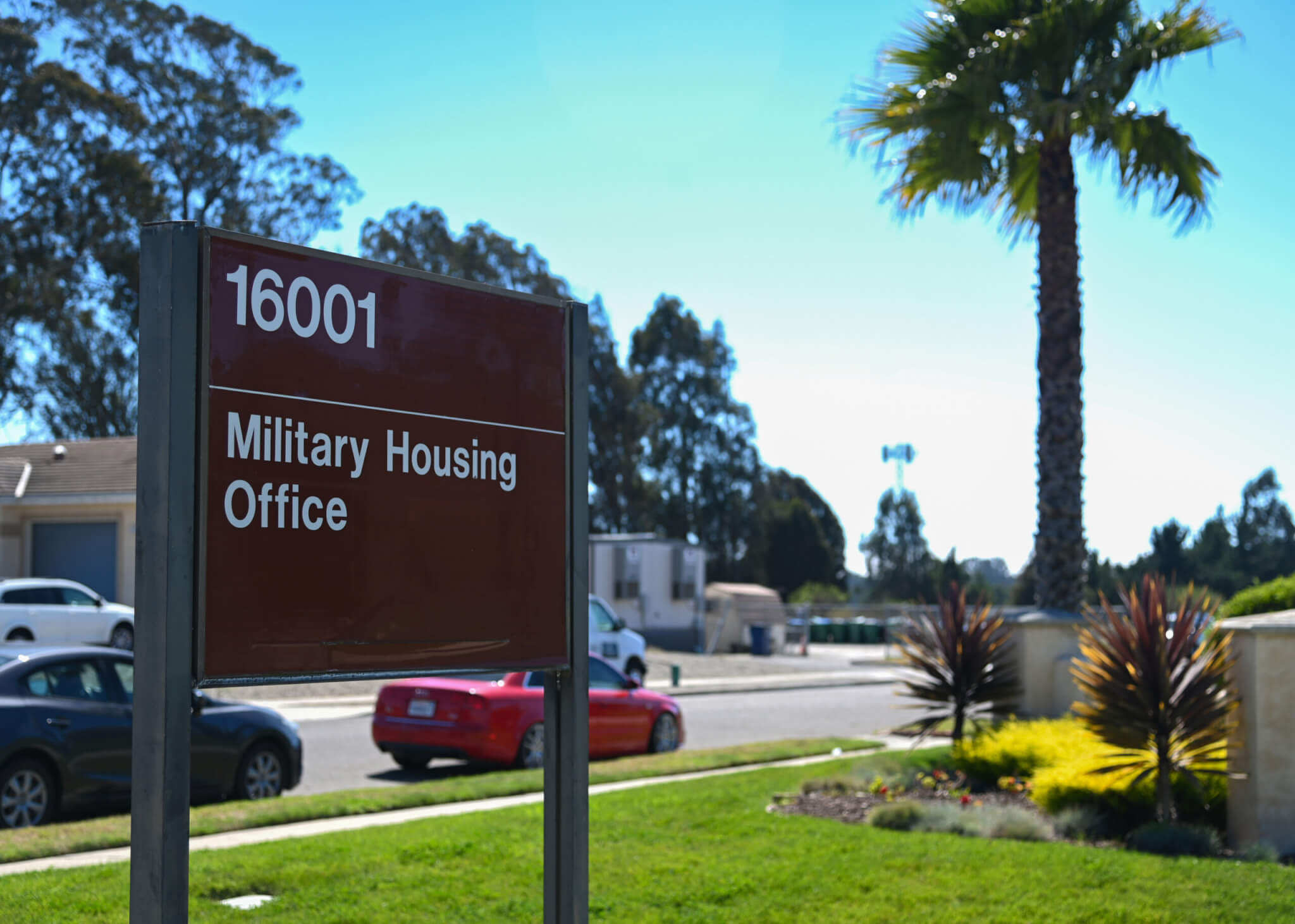It has been more than five years since privatized military housing concerns were catapulted to a level of national attention and controversy. Testimony after testimony before the U.S. Senate Committee on Armed Services in 2019 detailed toxic mold exposure, water damage, pest infestation, and other health risks present in the homes of military families who opted to live on base.
Since then, the central issues of poor communication, inadequate oversight, and a lack of accountability have emerged as major obstacles on the road to reforming privatized military housing reform. This year, the Department of Defense has launched a new housing reporting system to, hopefully, rectify those lacks.
Called the DOD Housing Feedback System (DHFS), and launched in August of this year, the initiative “allows active-duty Service members and their authorized dependents to submit feedback on their current leased unit, ensuring that their voices are heard and their concerns are addressed in a timely manner,” according to the DOD’s official release.
RELATED: Amid rising housing costs, RV life offers military families a portable solution
“This tool is a critical step in a multi-year journey to improve military housing, a benefit that more and more military families are counting on as volatility in the housing market persists,” says Derek Doyle, director of public affairs for the Military Family Advisory Network (MFAN).
MFAN’s 2019 survey on military housing conditions received 17,000 responses in one week, detailing the scale and severity of military housing issues. “Poor conditions in base housing” continue to be in the top five reasons military families live off-post, according to MFAN’s continued research into this issue.
DHFS provides a streamlined, centralized platform for tenants to submit feedback and communicate with their privatized landlord. Upon feedback review and approval by the Military Housing Office, the feedback will be published and part of the public record. It is important to note, though, that the DHFS is not designed to replace existing MHPI processes like submitting maintenance work order requests.
“Quite simply, military families want to be heard and feel their concerns are addressed in a timely manner — especially when it comes to the roof over their head,” said Doyle.
Chelsey Ochoa, whose spouse has served 17 years in the Marine Corps, is cautiously optimistic about the DHFS rollout. She emphasizes that its success hinges on whether concerns are promptly and effectively addressed. Ochoa’s own experience has been marked by delayed responses to the issues she’s raised and consistently poor communication, leaving her skeptical of any real improvements without significant follow-through.
“It’s clear we are a business to them and not a priority,” she says of companies involved in the Military Housing Privatization Initiative (MHPI).
Likewise, fellow Marine spouse Cynthia Miller emphasizes that her experience with privatized military housing has been marred by a greater focus on superficial aesthetics and attracting new tenants, rather than addressing the needs and concerns of current residents. This approach, combined with numerous unresolved complaints and what she refers to as “bandaid fixes” for serious issues, has resulted in a loss of trust in the housing system.
Doyle urges residents to familiarize themselves with the MHPI Tenant Bill of Rights, a critical tenant-landlord agreement in military housing. The provisions ensure tenants are not only guaranteed prompt repairs but are also informed of the expected time frame for any maintenance requests. MFAN’s 2023 survey shows that 45.6% of respondents were aware of the Tenant Bill of Rights but only 8.5% had experience using it.
Addressing the trifecta of communication, oversight, and accountability shortfalls calls for more transparency, which is what DHFS aims to provide. However, Doyle emphasizes that enacting change is not solely the responsibility of the DOD. He says MFAN will continue collaborating with stakeholders to establish a definitive path to meaningful reform for military families opting for on-installation housing. After five years of raising alarms, service members and their dependents have unequivocally confirmed the urgent need for action to ensure they have a safe and healthy place to call home.
Read comments
































